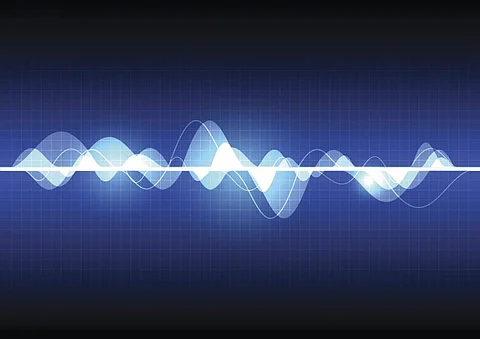

The landscape of the healthcare industry has evolved with the progress in disruptive technologies. It is no more a guess-game today, rather transformed into a space of precision and advancements. The peculiarity of artificial intelligence technology has brought new innovations in the medical world. From identification of disease to its treatment and post-treatment cautions and maintenance, AI is serving all aspects of human health and wellness with innovative approaches and discoveries. The technology has disrupted both conventional methods and markets of healthcare with astonishing technical capabilities.
Even the doctors today, don't see AI as a mere technology lingering around the corner. Instead, they are ready to harness its facilities which possess the extreme potential to digitally transform the entire medical field. The technology is exponentially changing human life and is being used at a broad range especially within the realm of disease-diagnosis and epidemic forecasting.
The role of artificial intelligence in healthcare is to approximate human decision-making regarding health and wellness. The technology has been deployed in various aspects of the medical industry including treatment process outlining, medical imaging, drug development, personalized medicine, and patient monitoring. Several AI-enabled algorithms and software are employed to analyze complex medical data and drive accurate conclusions without explicit human intervention.
Advancing the possibilities of AI in healthcare, major medical institutions, healthcare centers, and key tech companies are delving deep into refining its potentials by developing various algorithms and software that can be efficiently deployed in the industry.
A recent report published by Artificial Intelligence in Healthcare Market predicted that the Global Artificial Intelligence in Healthcare Market was valued at US$2.62 billion in 2018 and is expected to hit US$44.24 billion by 2026, growing at a CAGR of 49.8 percent from 2019 to 2026. As it stands now, machine learning holds a major share of AI and deep learning in the healthcare market. Additionally, the availability of big data and demand to reduce healthcare cost drives the growth of AI in the healthcare industry as a whole.
Today, AI is considered as the next frontier for healthcare innovation. AI in healthcare is implemented for operating on both structured and unstructured data. Oncology, neurology, cardiology and certain other significant fields of healthcare are experiencing a growing application of AI.
The roadmap to success of AI in the medical industry is owing to its successful implementation in enhancing productivity and efficiency to transform care delivery services by workflow optimization; reducing unwarranted variations while expanding precision medicine and improving and speeding up diagnostic accuracy.
The futuristic implications of the technology depict that it will continue to smooth out smaller issues while taking quantum leaps to drive greater transformations in the coming years. Also, it seems quite clear that the symbiotic collaboration of humans (medical experts) and technology will help architect a comprehensive portfolio of AI solutions. Artificial intelligence is significantly transforming the healthcare industry and is expected to continue doing that for the better future of humanity.
Join our WhatsApp Channel to get the latest news, exclusives and videos on WhatsApp
_____________
Disclaimer: Analytics Insight does not provide financial advice or guidance. Also note that the cryptocurrencies mentioned/listed on the website could potentially be scams, i.e. designed to induce you to invest financial resources that may be lost forever and not be recoverable once investments are made. You are responsible for conducting your own research (DYOR) before making any investments. Read more here.
